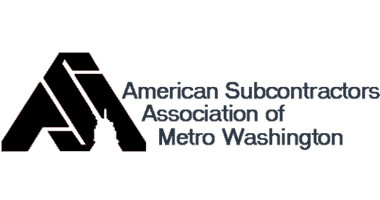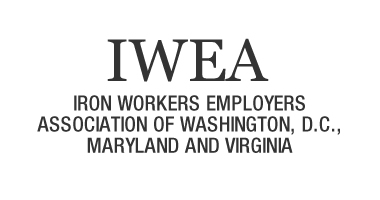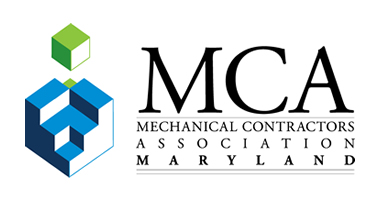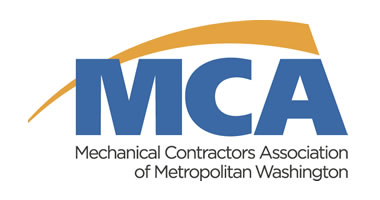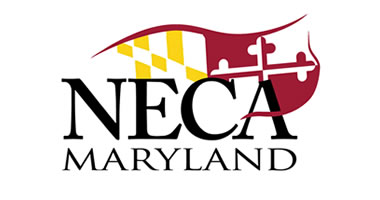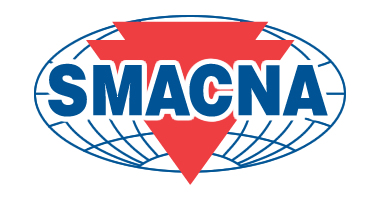With the building boom unabated, one issue D.C. voters can expect to hear a lot about come election year is jobs. Every public land sale, commercial project, mixed-use development, or residential complex comes with mayoral promises of opportunities for a growing labor force.
But the D.C. Apprenticeship Council’s recent certification of an out-of-state contractor and accusations of wage fraud have prompted an investigation by Attorney General Karl Racine and claims by unions and labor advocates that a bad actor is going unchecked. At-large D.C. Councilmember Elissa Silverman worries that the District isn’t enforcing its own labor laws.
“We don’t want to be approving apprenticeships for companies that don’t follow the law, don’t pay employees a fair wage, and engage in bad labor practices,” she says. “We don’t want to rely on bad actors to train employees.”
The apprenticeship council is an 11-member body within the Department of Employment Services that is supposed to ensure compliance with local and federal labor laws and standards. In order to bid on major projects, contractors must have a certain number of licensed skilled workers and apprentices on the job. Certification as an apprenticeship sponsor helps contractors compete for those projects.
Certifying companies that fail to meet wage and overtime standards, labor sources say, is a disincentive for those companies to properly classify and train electricians, plumbers, and drywall and HVAC installers. Profit margins become irresistible to unscrupulous contractors at the expense of workers who are underpaid and struggling to advance in their trades.
Power Design, a Florida-based electrical contractor, received certification from the apprenticeship council last month. The firm has contracts at 16 major building sites in D.C., some publicly funded and most run by the city’s top construction companies. Clark Construction and its related CBG Building Company have hired the firm as an electrical contractor at six of those sites. Other major companies such as Hitt Construction, Davis Construction, Donohoe Construction, and Walsh Construction have also hired Power Design.
Developers on some of those projects also include some of the most influential political players in town, including Buwa Binitie of Dantes Partners, David “The King” Wilmot of AutoPark, Bill Jarvis of the Jarvis Companies, Jair Lynch Real Estate Partners, and MRP Realty. (For legal and government relations purposes—and additional clout—Power Design has retained Roderic Woodson of Holland & Knight.)
But lurking in the background is a pattern of conduct by Power Design dating back more than a decade, documented in close to 20 federal lawsuits alleging violations of the Fair Labor Standards Act and the Family Medical Leave Act, and claims of negligence, personal injury, and discrimination, in Maryland, D.C., Georgia, Florida, and Texas. In 2014, the Department of Consumer and Regulatory Affairs received a formal complaint from a labor union that a joint venture operating on behalf of Power Design was operating without the proper business and electrical licenses. It is unclear how the alleged “unlicensed activity” was resolved. In 2015, a group of workers on a project run by Clark Construction also filed a class action against Power Design in U.S. District Court alleging unpaid wages. That case resulted in a joint settlement, according to court records.
The narrative within the building trades is that general contractors hire specialty subcontractors like Power Design, which then hire “labor brokers” to place manpower on construction jobs. The brokers—often shell companies—then recruit and hire workers who they pay as independent contractors, creating a second tier of subcontractors. In many cases, the workers are undocumented and paid an hourly rate between 15 and 50 percent of what properly classified trade employees make. No payroll, Medicaid, or Social Security taxes are withheld, and there are no workers’ compensation premiums.
Although this practice started in the construction of single-family homes, labor representatives say it has become a scourge in the commercial sector as well, even on publicly funded projects. In addition to exploiting immigrant labor, they say, it places contractors who comply with labor laws at a disadvantage and cuts into government tax receipts.
In February, at an apprenticeship council hearing on Power Design’s request for certification, the International Brotherhood of Electrical Workers submitted what it believed to be evidence of wage fraud, job misclassification, and other violations of the federal Fair Labor Standards Act, so the vote was delayed. In April, Councilmember Silverman, chair of the D.C. Council’s Committee on Labor and Workforce Development, wrote to members of the apprenticeship council and urged them to deny the certification. Sources familiar with the matter say Racine’s office informed DOES officials that he was investigating the allegations against Power Design.
Late last month, the apprenticeship council re-convened, and after hearing evidence from Power Design that it had settled its various lawsuits and outstanding legal claims, approved the certification.
Representatives of the building trades were furious, as was Racine, whose office had reiterated concerns about the company to DOES before the vote. Sources say he was also livid when he learned that department officials had not conveyed those concerns to members of the apprenticeship council. To make matters worse, Lewis Brown, program manager for the Office of Apprenticeship, told the council that Racine’s office had no concerns about Power Design.
Racine’s office confirms only that it has received allegations against Power Design from several advocacy groups. But the office has drafted legislation that would grant him subpoena power to investigate wage theft.
Calls to Power Design’s legal counsel and its D.C. lawyer were not returned. In response to questions from City Paper, DOES director Odie Donald II provided a copy of a letter he sent to Racine’s office, in which he confirmed notice of the attorney general’s investigation into allegations of wage fraud against the firm. He wrote that, after deregistering the firm in 2015, the apprenticeship council granted conditional certification on two conditions: “First, hire [20] D.C. residents as electrician apprentices, and secondly, resolve all outstanding litigations with verification before the scheduled February 23, 2017 Apprenticeship Council meeting.” According to Donald’s letter, Power Design met those conditions, and the apprenticeship council has received no further notice of additional complaints against the company.
But Silverman believes the problem is not limited to a single company. Power Design is one of a dozen firms that received certification for its apprenticeship program in June alone. “With Power Design, there is a troubling pattern of wage theft and misclassification of workers that should concern the District,” she says. “The law is clear: If you are doing a half a million dollars in business or are benefiting from $1 million in District dollars, you need an apprenticeship program that consists of on-the-job training with a requisite number of apprentices and skilled employees on the job. If we haven’t enforced the law, we need to signal that we are serious about this, and have a dialogue with [the building industry] about projects that ought to be offering training opportunities” to workers who are earning money to support their families.
Elizabeth Falcon, executive director of D.C. Jobs With Justice, which leads a sizable labor coalition, asserts that Project Design has cheated employees out of wages while receiving contracts on luxury mixed-use developments all over D.C.
And the District is letting them get away with it, she says.
“Instead of protecting workers and residents … D.C. government did the opposite and rolled out the red carpet for Power Design,” Falcon says. “Despite [its] track record of lawsuits and alleged fraud and a pending OAG investigation, the apprenticeship council gave the company a stamp of approval, allowing it to win bids on projects funded by tens of millions of taxpayer dollars. It should be impossible for companies like Power Design to get certified for apprenticeship, and the public deserves to know why a known corporate wage thief got the government’s stamp of approval.”

